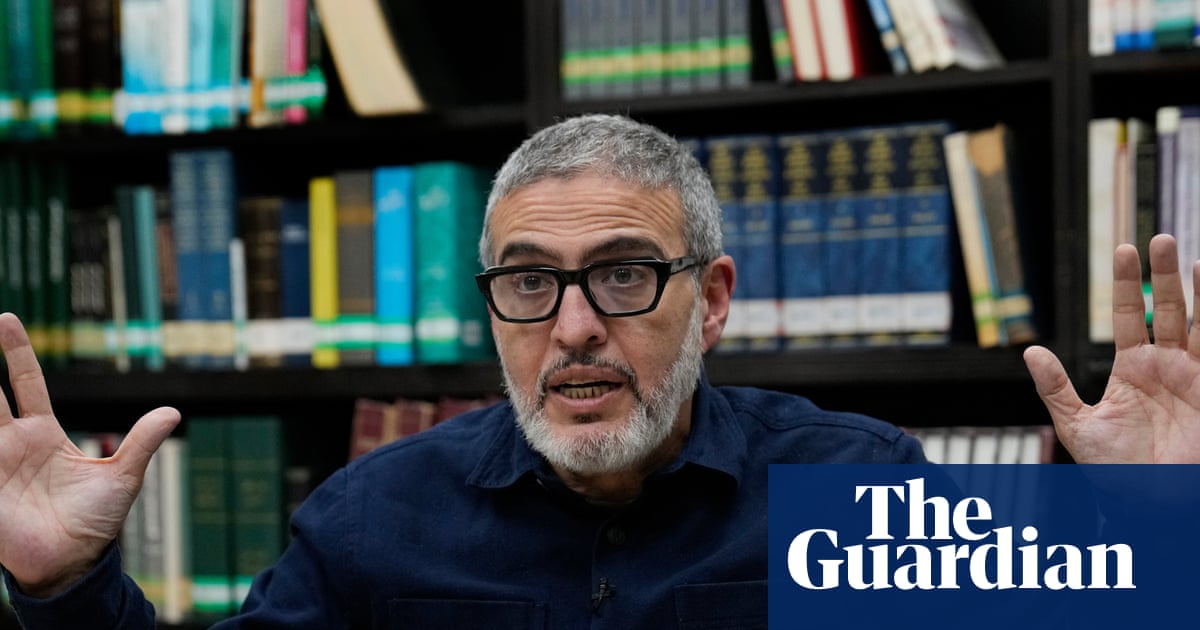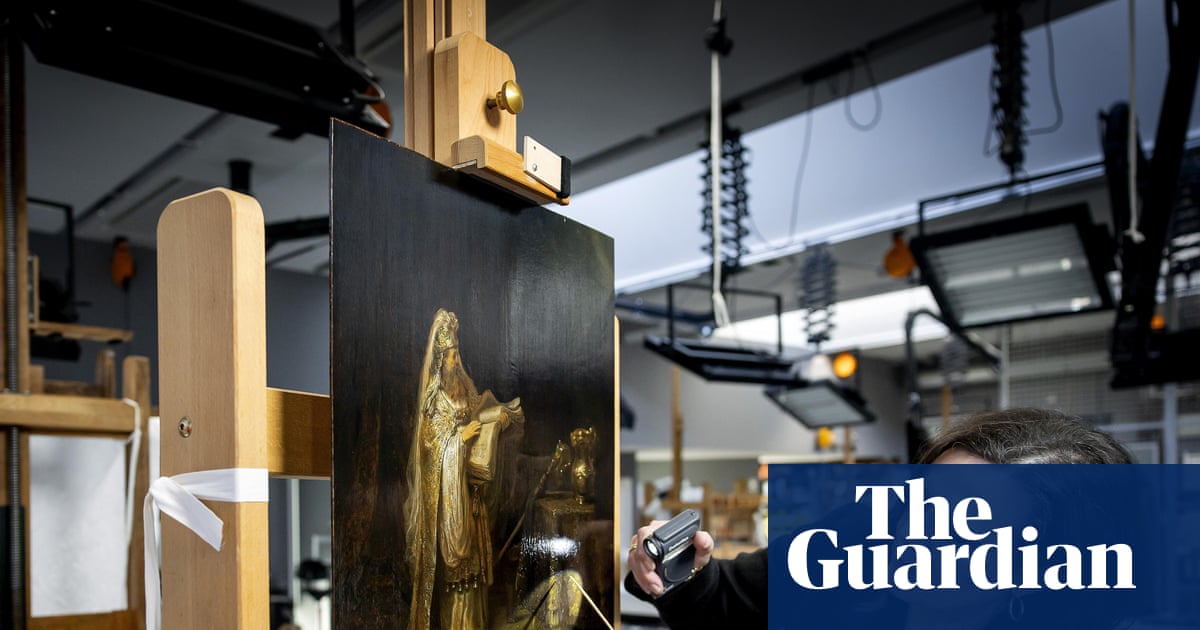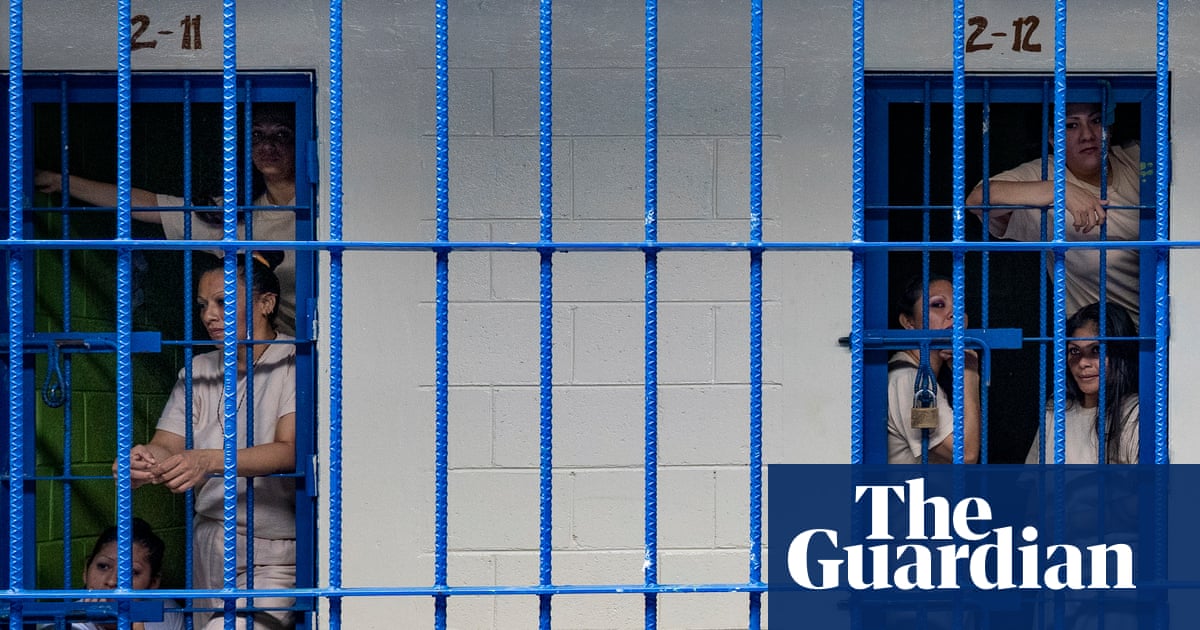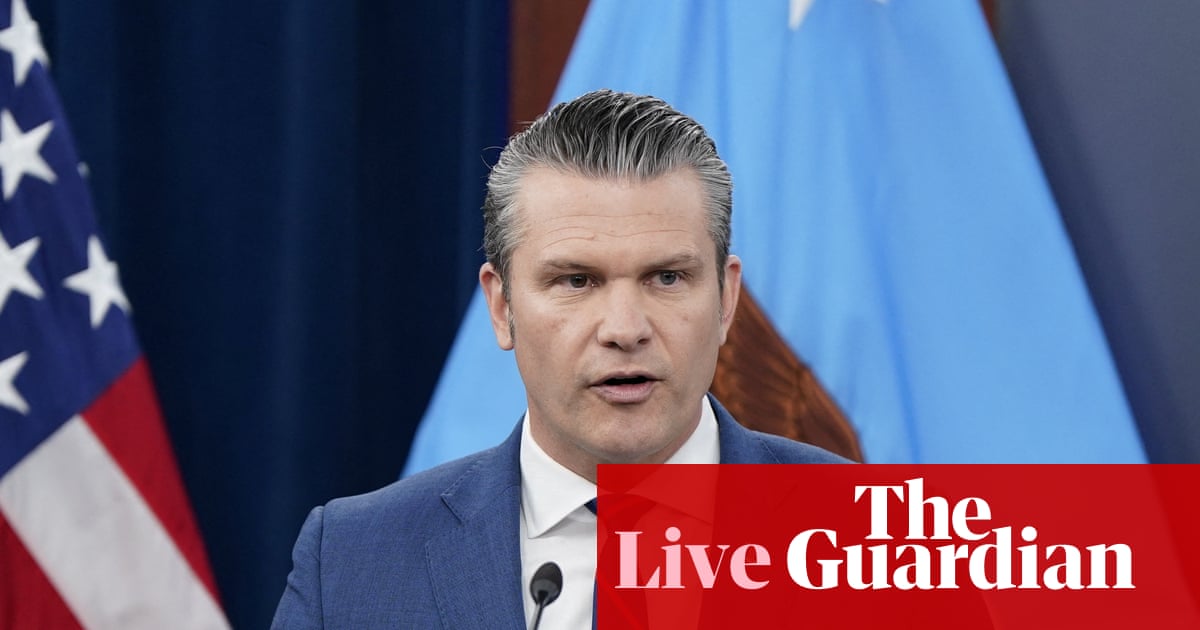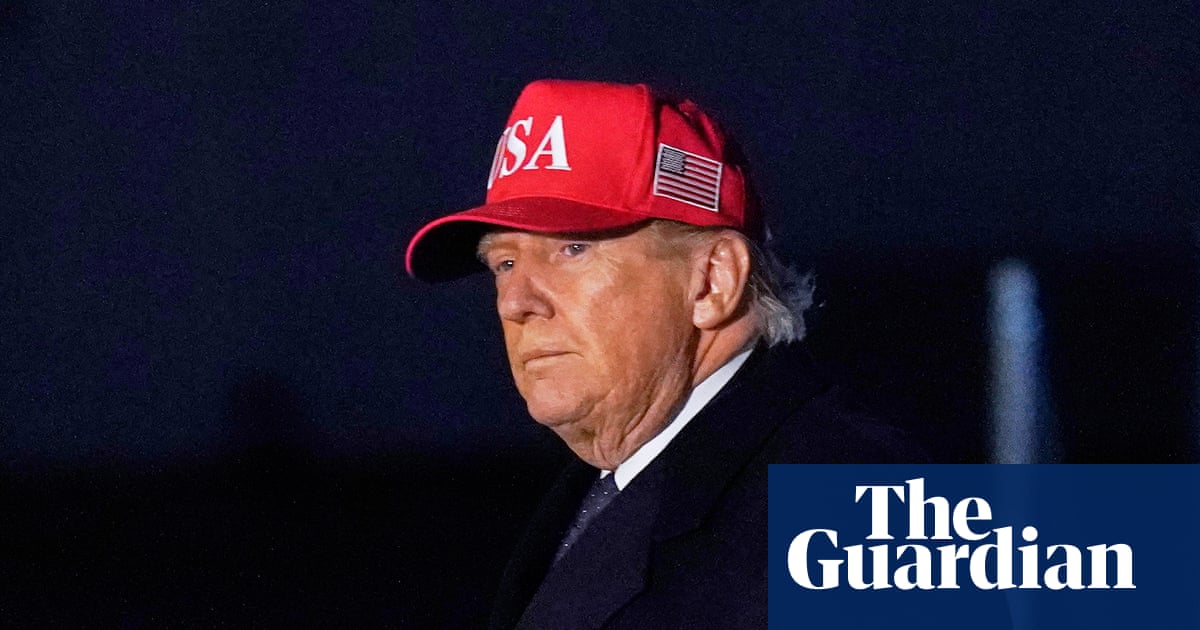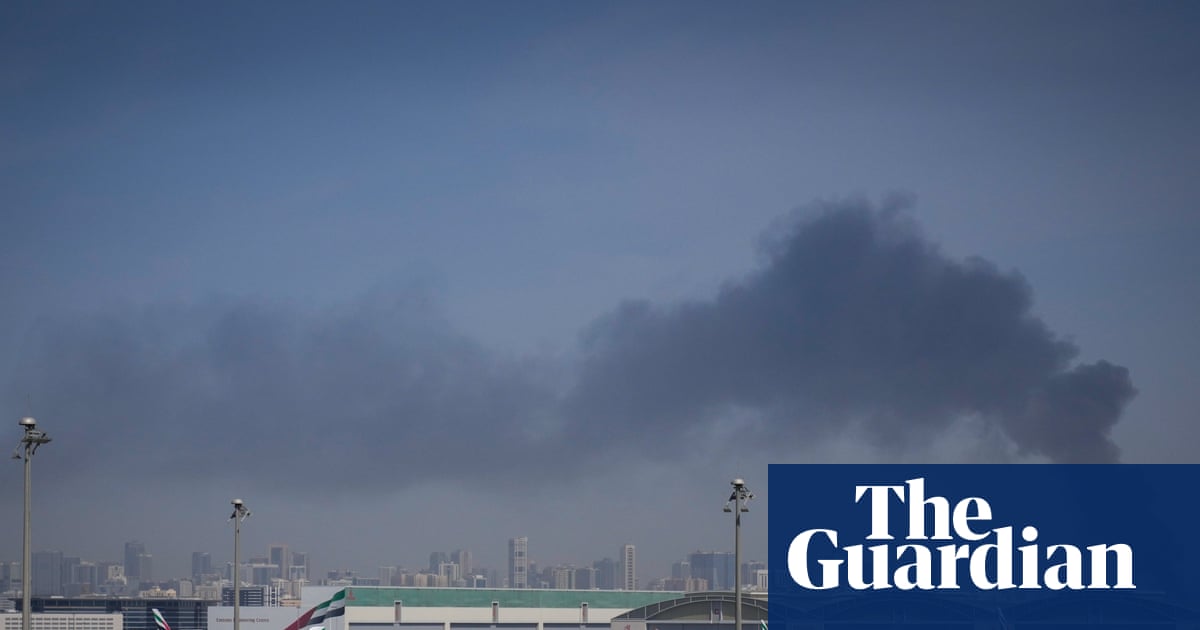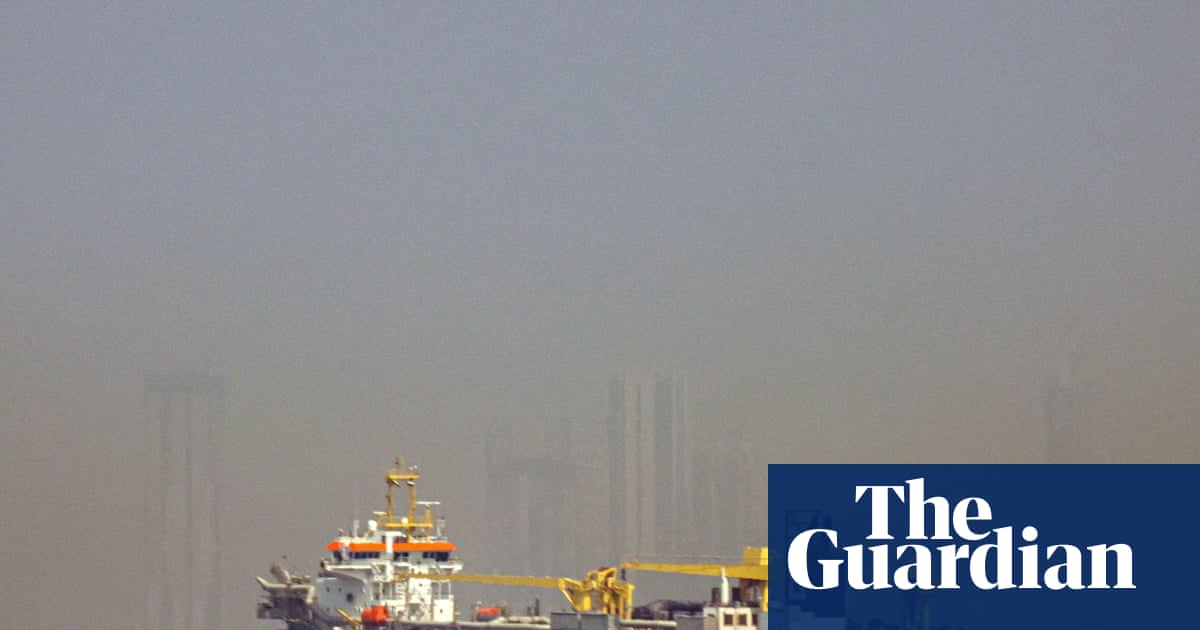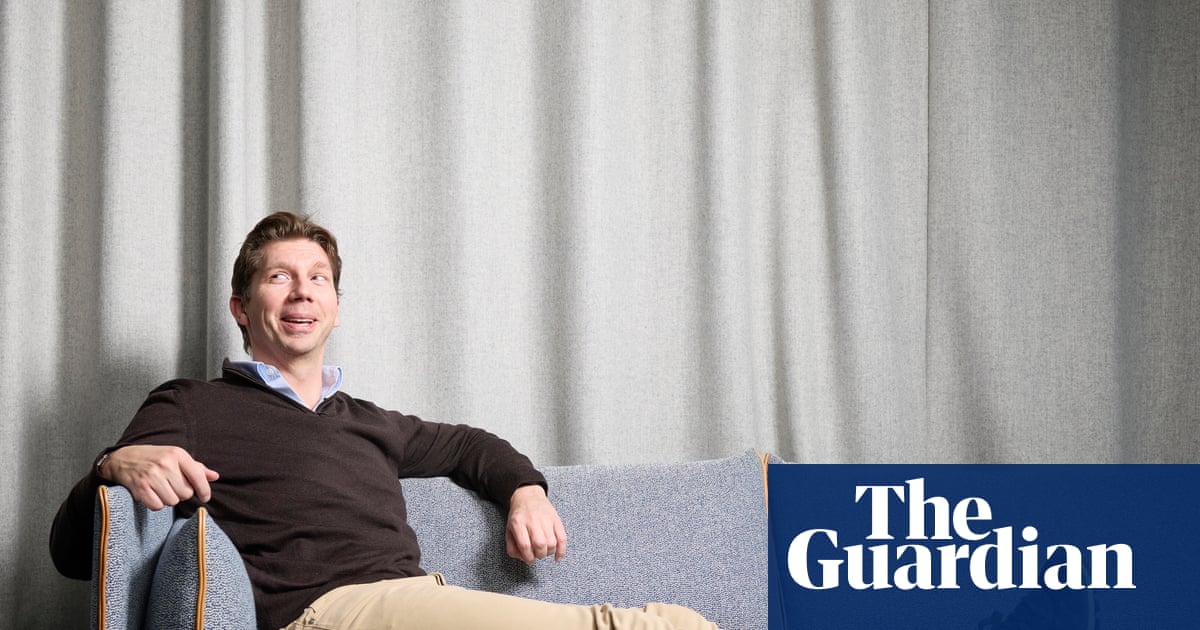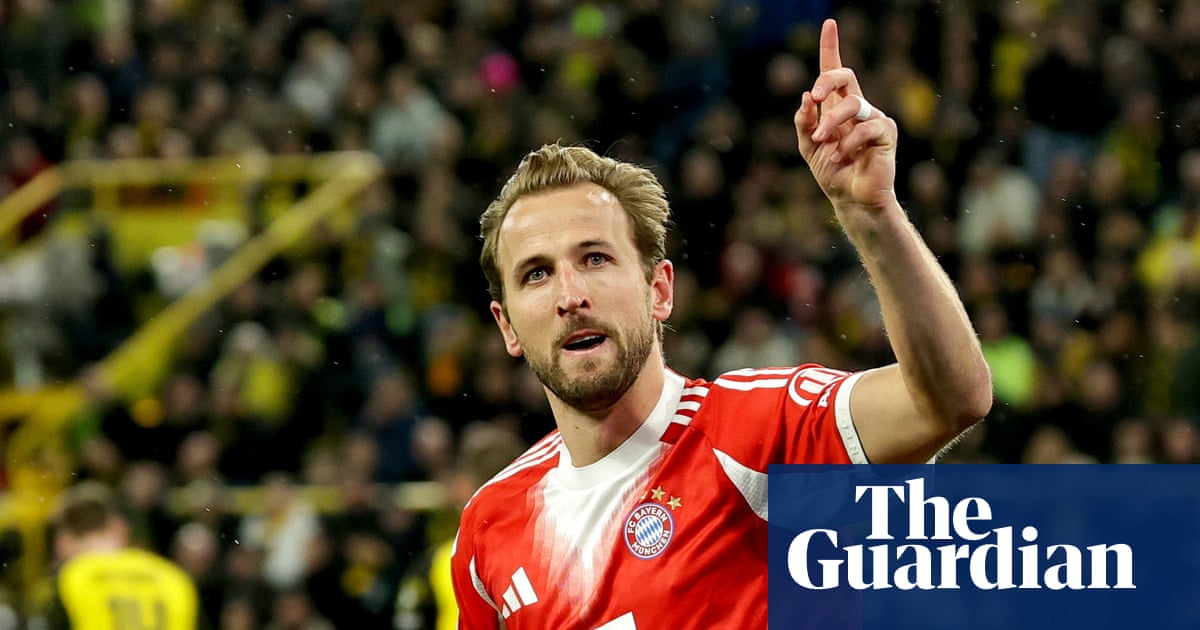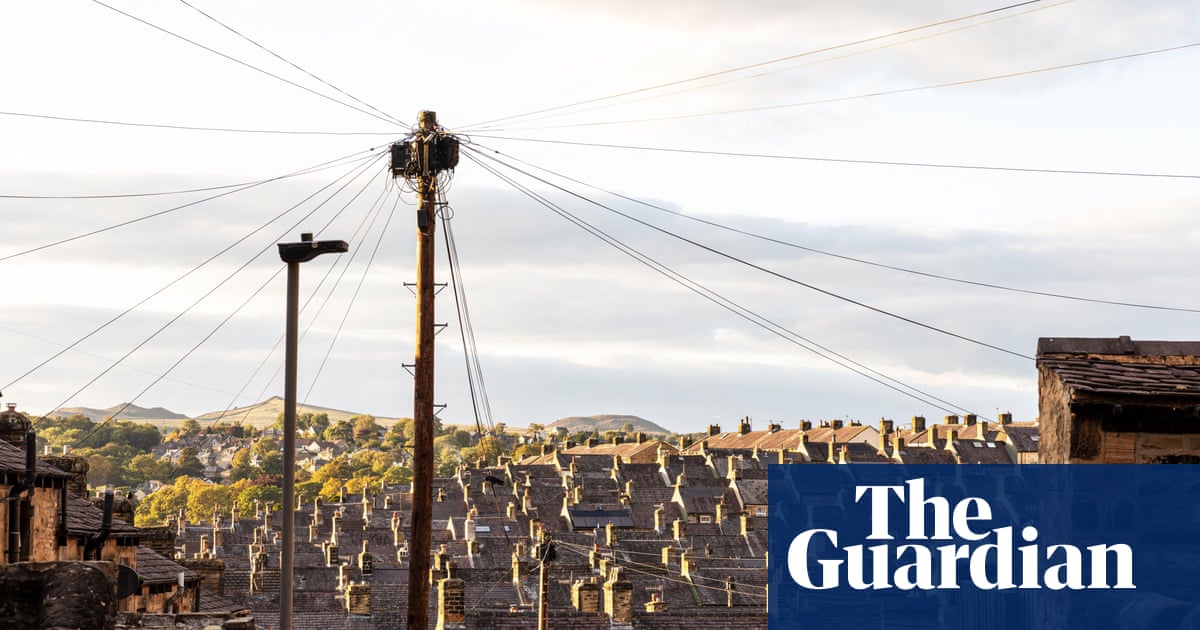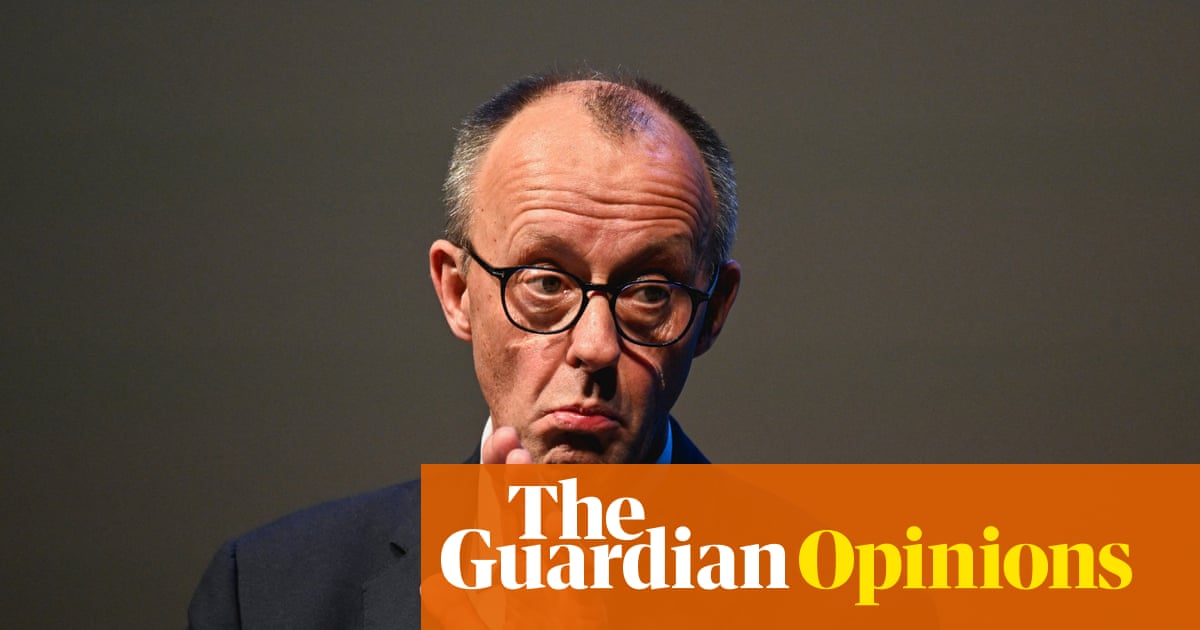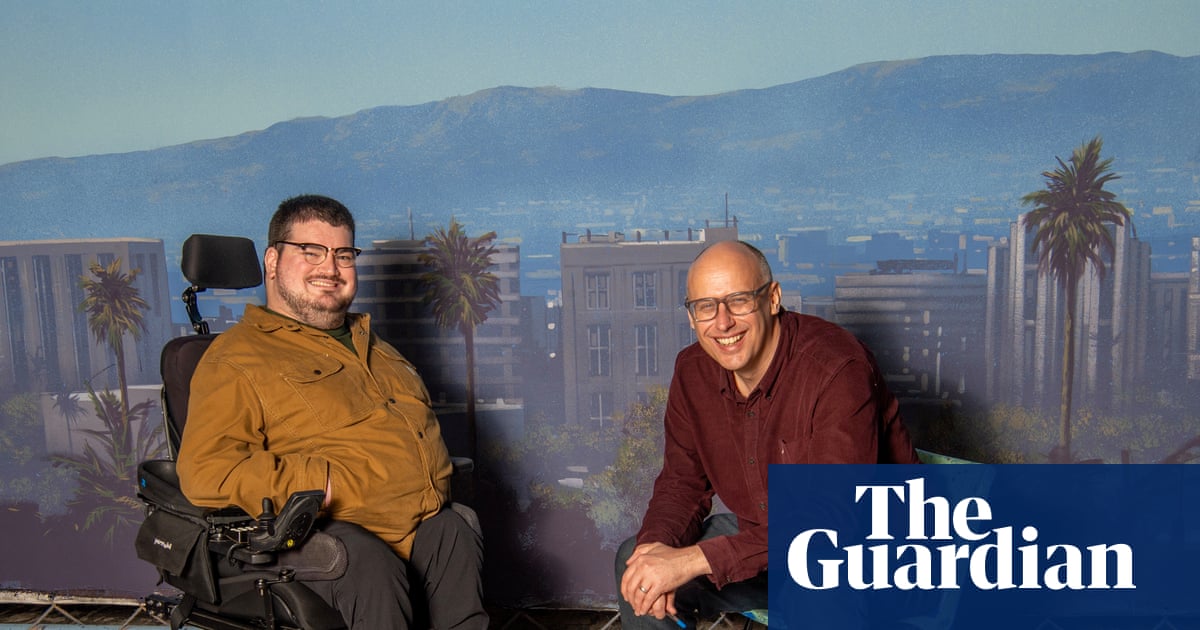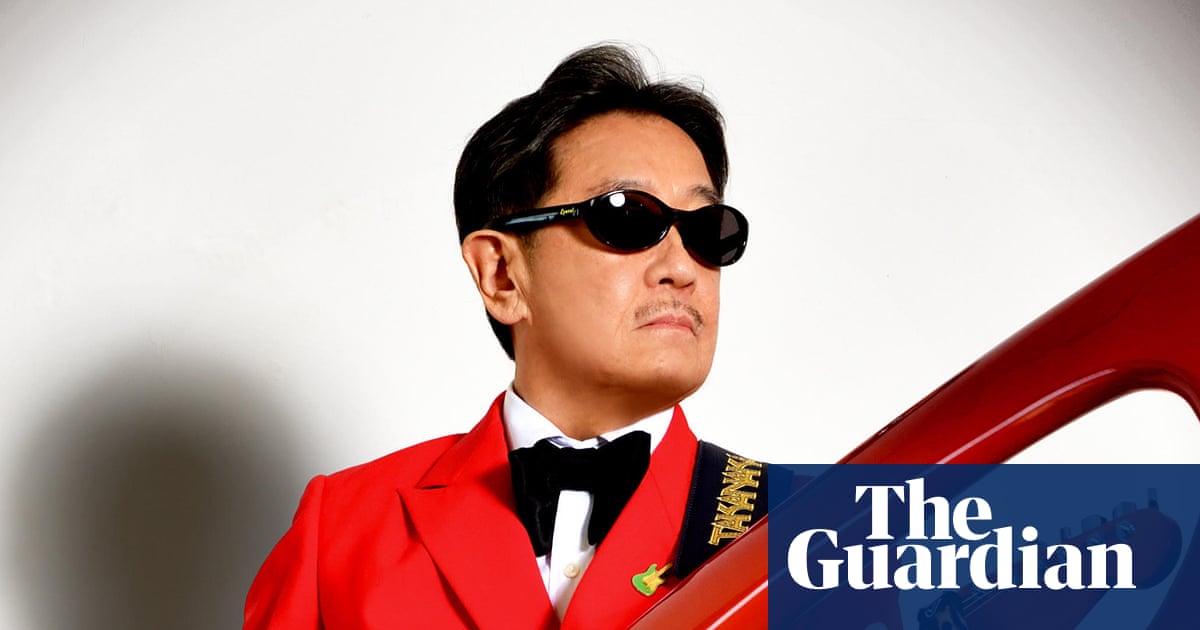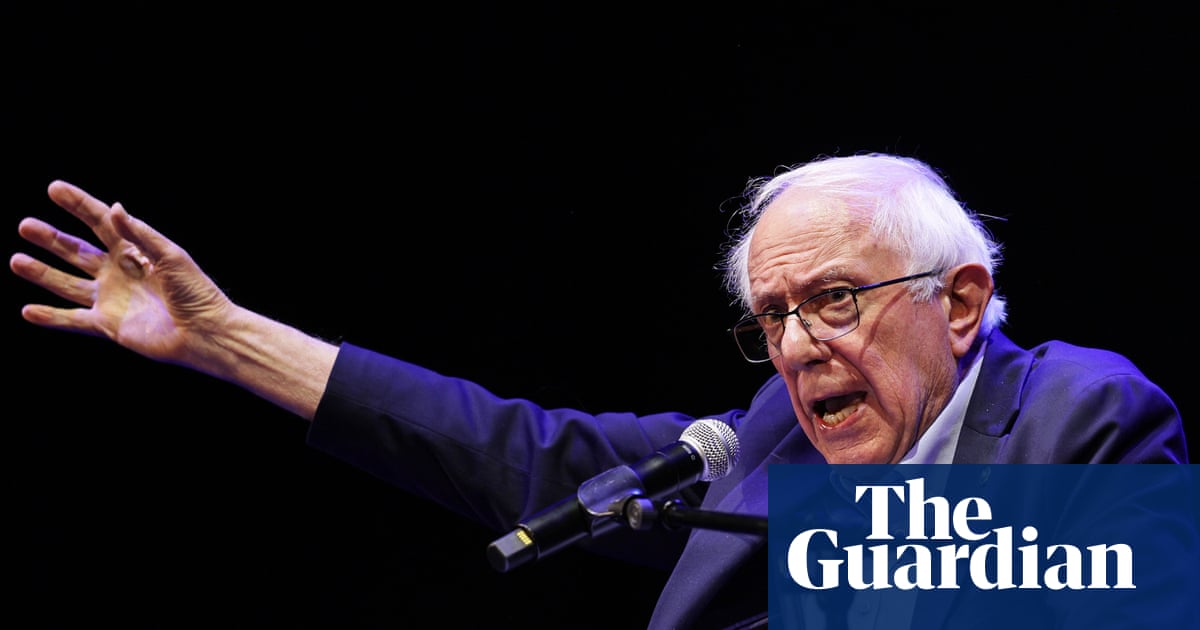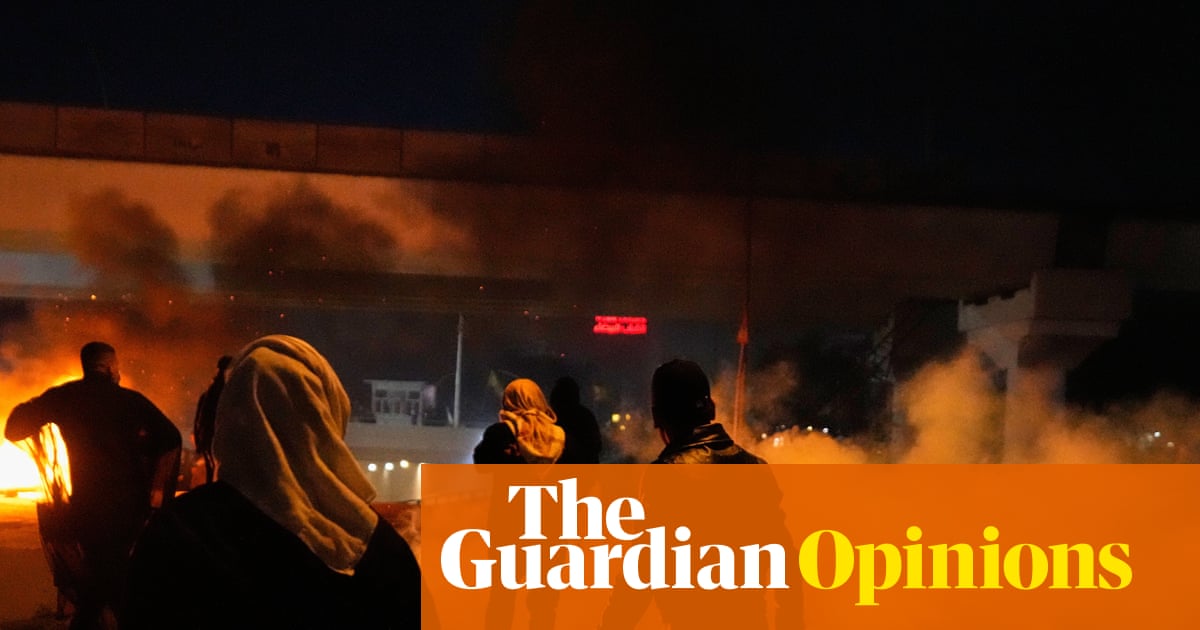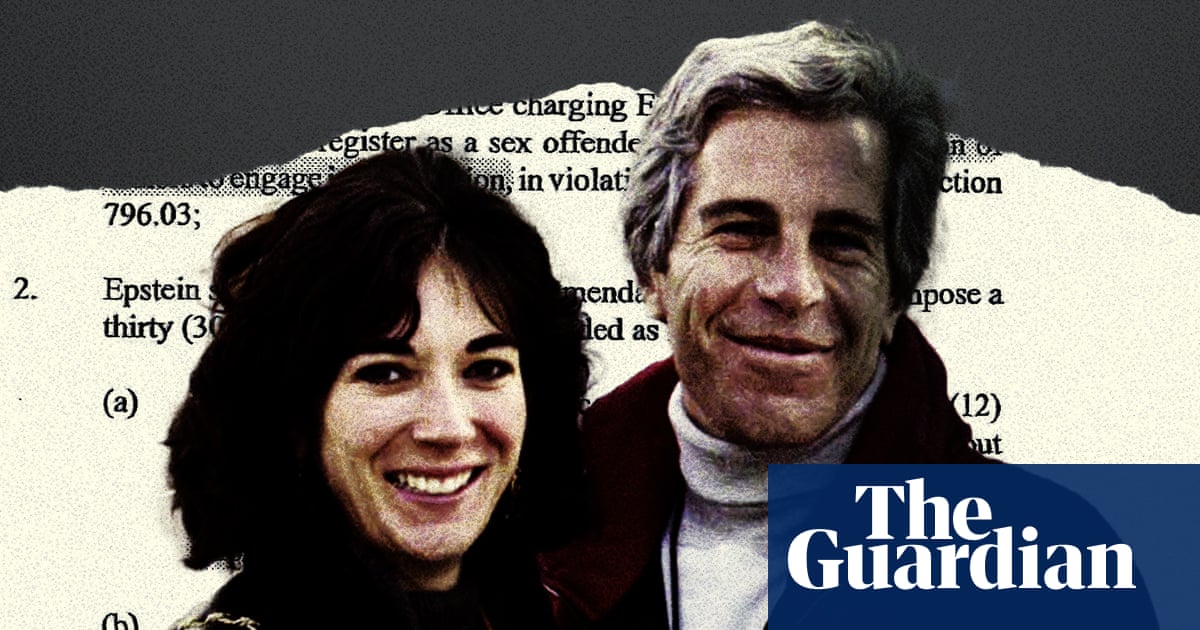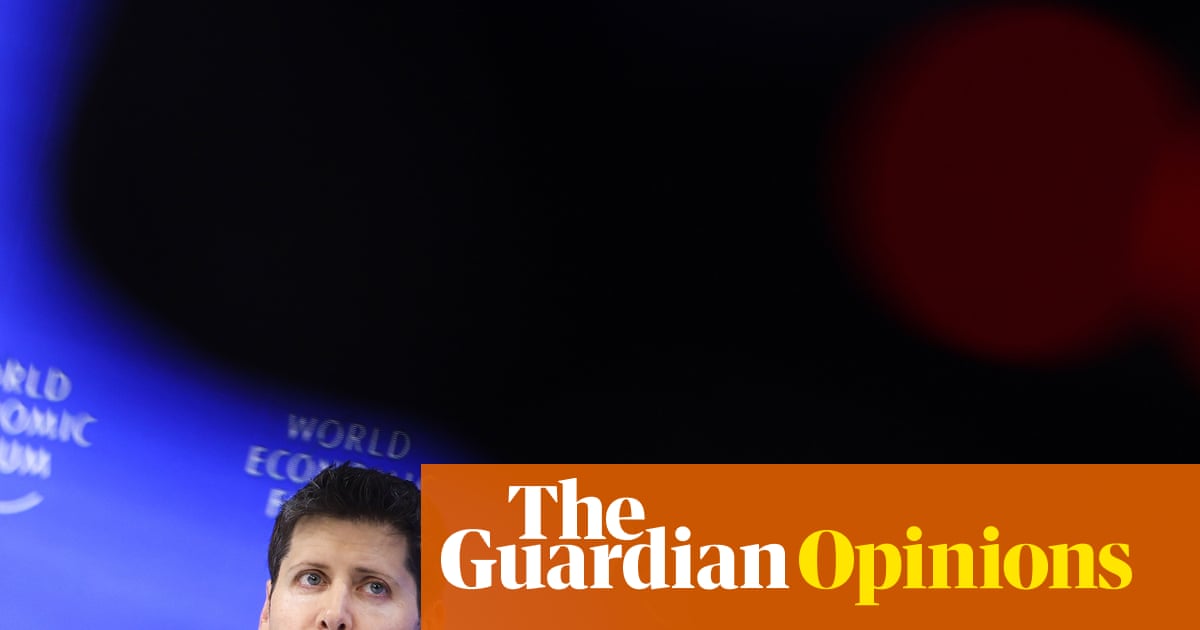When Eisaku Satō, a former prime minister of Japan, received the Nobel peace prize in 1974 after committing his country to not making nuclear bombs, owning them or allowing them on its territory, he assured the audience: “I have no doubt that this policy will be pursued by all future governments.”
Yet last week, Sanae Takaichi, Japan’s new prime minister, declined to say whether the country that understands the cost of nuclear war better than any other would stand by its commitment – reflecting the bleak broader outlook. Eighty years after the US dropped Little Boy on Hiroshima, incinerating tens of thousands of people, and almost 40 after Mikhail Gorbachev and Ronald Reagan seriously discussed nuclear abolition in Reykjavik, the spectre looms once more. Last month, Donald Trump ordered the US military to match other countries’ nuclear weapons testing.
Vipin Narang and Pranay Vaddi, who worked on nuclear strategy in the Biden administration, warn that arms control has essentially broken down and that the growing risks amount to a “Category 5 hurricane”. Ankit Panda, another noted expert in the field, has published The New Nuclear Age: At the Precipice of Armageddon. Tellingly, the subject has returned to pop culture. Kathryn Bigelow’s new movie A House of Dynamite shows a nuclear attack targeting Chicago.
The last nuclear arms control treaty between Russia and the US, New Start, is due to expire in February. For decades the main fear was of terrorists or rogue states such as North Korea; now there is a new great power rivalry. In place of the old standoff between two hegemons comes a more complicated contest, with China massively expanding its capabilities, and broader proliferation. For unsettled US allies such as South Korea and Poland, acquiring their own arsenals is no longer out of the question. The nuclear taboo is wearing thin. The Biden administration believed Vladimir Putin could well follow through on his nuclear threats in Ukraine.
Donald Trump pulled out of the intermediate-range nuclear forces treaty, which Russia had been violating, in his first term. In withdrawing from the JCPOA nuclear deal with Iran in 2018, and bombing Iran’s nuclear facilities this year, though it did not have an active weapons programme, he told potential adversaries that the best strategy is North Korea’s: arm yourself as soon as you can. China was content with a relatively modest arsenal for decades after it acquired the bomb; its breakneck expansion reflects its growing global might, but its efforts ramped up after Mr Trump was first elected.
Mr Trump’s confusing comments on nuclear tests (prompting counter-threats from Mr Putin) appear to reflect his misunderstanding of Russian systems tests which, though alarming, do not breach the de facto moratorium. A resumption – the US last detonated a warhead in 1992 – would probably be more useful to adversaries than to the US itself. It would also strengthen suspicions that non-proliferation is window dressing for the maintenance of the nuclear monopoly of a few states, rather than a serious commitment for the sake of humanity.
Mr Trump, said to truly fear nuclear war, should instead challenge Mr Putin to make good on his proposal of a one-year extension of New Start treaty limits and revive non-proliferation endeavours by championing the comprehensive test ban treaty. The US and China have not ratified it; Russia withdrew ratification. A president aspiring to a Nobel peace prize could set an example that is sorely needed.

.png) 3 months ago
62
3 months ago
62

